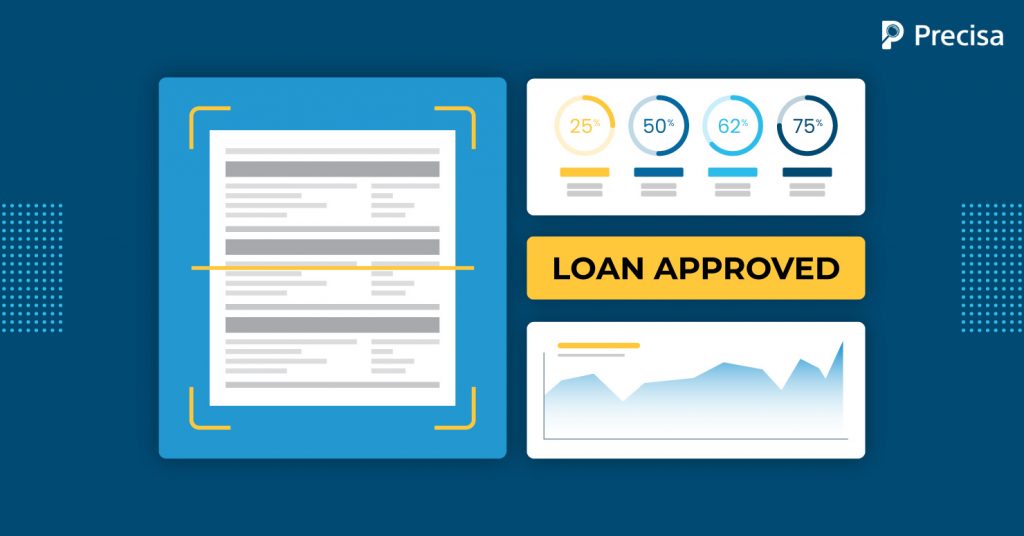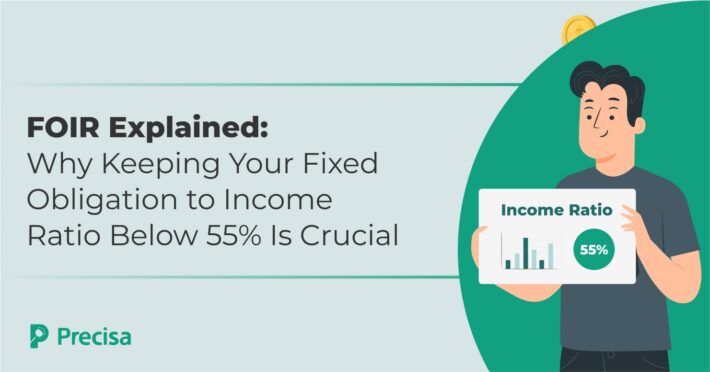How Fintechs in India are Using Technology to Revolutionise Lending

In the previous decade, India’s economy has seen a significant transition. Fintech, or the convergence of technology and finance, has always been at the heart of that transformation. As new-age entrepreneurs embraced technology to empower individuals and businesses to access financial and banking services, India emerged as one of the world’s largest fintech centres.
According to a joint analysis by FICCI and BCG, the industry’s valuation will reach $140-150 billion over the next five years. Domestic and global investors have invested $10 billion into Indian fintech startups in the previous few years, drawn by the country’s rapid growth. There have been remarkable changes that took place all these years of fintech operations, and among them falls the technologies used. Be it a bank statement analyser or a LOS software, learn how Fintechs in India use technology to revolutionise lending?
Driving Factors of the Fintech Growth in India
- Technology advancements provide seamless platforms to everyone interested in aligning with fintech services.
- Cloud-based products and services, reducing transaction and infrastructure expenses.
- Hungry demographics for transforming innovations.
- Improved internet and mobile access.
- Timely government initiatives, enduring to the fintech industry.
- Vibrant investments and capital availability ecosystem.
- The majority of the population is under-served with financial services.
Now, these compelling factors have led to the emergence and growth of fintech industries. But the sustainability of Fintechs depended on the technologies that enabled a seamless operation. So what are those technologies used in fintech? Let’s take a look.
Revolutionising technologies used in Fintechs for lending
Artificial Intelligence
Artificial Intelligence has given rise to one of the trending tech scenes in the financial industry. Its benefits have driven the sector to incorporate it across the industry. One of AI’s key advantages is its ability to handle unstructured data, such as images, geographic locations, time series, videos, and transactions.
As a result, AI-powered technologies can analyse problems and ensure risk management. Credit scoring and fraud detection are the major areas of AI implementation in Fintech. In addition, AI technologies enable a new management style based on data insights. In the future, bank officials will ask machines those strategic questions that can help make informed decisions.
Bank Statement Analyser Technology
The bank statement analyser technology evaluates the operational data from a consumer bank account. The evaluation comprises credit transactions, debit transactions, balance history, obligations, salary details, transaction patterns, fraudulent detection, and spending behaviour.
With a complete review of the financial health record of the customer, it classifies and segments the data into various filters. The bank statement analyser then analyses and extracts insightful data after checking each anomaly and assigns a creditworthiness score. Hence, reducing the time and effort taken to analyse pages of records, the result is error-free. Learn more about bank statement analyser tools that can make a lender’s job easy.
Big Data
Developing Fintechs use big data to predict client behaviour and build comprehensive risk evaluations. That is what sets them apart from traditional financial institutions. Revolutionary Fintechs and competitor banks can respond to a dynamic economy owing to the speed of real-time data. Now, at the snap of a finger, they can deploy proactive strategies. With the help of big data technology in fintech, we can seamlessly analyse large data sets to drive smarter decisions. Therefore, achieving:
- Streamlined policies of customer orientation
- Enhanced securities across operations
- Predictive analytics to mitigate risk
- Unrivalled customer service
Automation technology
Fintech falls under the category of industries where automation is a revolutionary technology. Automation in fintech has transformed many key processes with ease of functionality. In addition, as automation leans on data accuracy and industry insights, it can waive the administrative risks and decrease the time taken for issue resolution.
Advanced automation technologies like RPA (Robotic Process Automation) can dispose of repetitive and manual operations to robots. The RPA helps the humans in business focus on enhancing other product and service-related strategies. The most widespread applications of RPA in fintech are statistics, regulatory compliance management, data collection, email marketing, customer engagement, and transaction management.
Application Program Interfaces (APIs)
APIs in Fintech are helping customers do incredible things while being seated in the comfort of their homes. With APIs having their presence in every fintech firm, customers encourage third parties to access financial data. The need has called for interfaces that work as a medium between the fintech groups to lenders to consumers.
API sets up a program to connect with other integrated programs. For instance, API allows a fintech platform to associate with the user’s bank server. In short, APIs streamline functioning, and their integration into lending processes can enhance the cost-effectiveness and future-proof the growth of lending businesses.
Blockchain
Fintechs in India are embracing blockchain technology on a global scale. This is because blockchain has abilities to store business records and other sensitive information securely. With blockchain technology in fintech, every transaction is encrypted, and the possibilities of cyber-attacks are low. Blockchain leverages fintech on various aspects like:
- Generates a digital ledger
- Accountability of every transaction and minimal fraudulent risks
- Elimination of third parties from the process of transactions
- Democratised financial management
Regulatory technology
Recent revolutionary fintech software advancements are improving regulatory technology, resulting in automated processes. Regulatory technology in fintech can regulate monitoring, reporting, and compliance. Keeping track of emerging limits in a single database is a simple approach for financial firms to comply with legal obligations. Various benefits of regulatory technology in fintech include:
- Quick, simple, and cost-effective processing of enormous data sets
- A specific automated search for precise regulation
- Effortless pre and post business compliance
- Connecting regulators, financial institutions and customers and securing their interests
Fintechs in India have revolutionised lending by incorporating the above technologies. Using one, few, or a combination of them can be a game-changer in reaching the target customers and enhancing their financial efficiency.
Many efficient tools have come into the market to serve the needs of fintech and lending institutions. Precisa’s bank statement analyser is a robust tool for NBFCs, banks, and other lending firms. They provide a user-friendly web application or an API to perform seamless bank statement analysis. The process is simplified and highly filtered through various parameters and gives a credit score called Precisa Score. What can be the best way than equipping your lending business with these efficient and fool-proof technologies and scalable processes?




